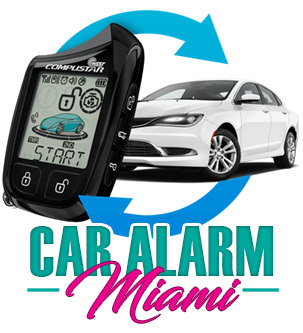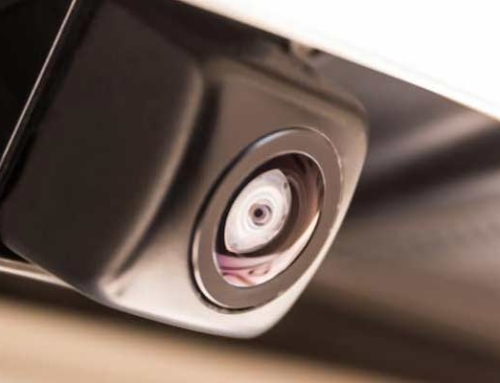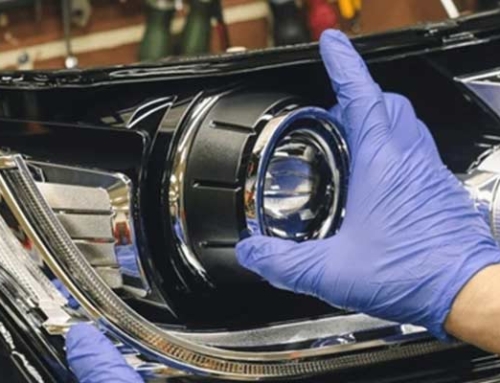
Having a remote car starter is appealing in today’s world, where convenience is everything. Just picture being able to start your car from inside your warm house on a freezing winter morning or cooling it down before you even step outside on a sweltering summer day, all with just the push of a button. But is getting a remote starter worth it? Let’s review the pros and cons to see if this popular car accessory suits you.
Remote Starters: A Brief Overview
Before we start weighing the pros and cons, let’s ensure we’re on the same page about a remote car starter. It’s a device that enables you to start your car’s engine from far away, usually using a key fob or an app on your smartphone. That means you can get your car’s interior all cozy and warm or cool and comfortable before you even go outside. It’s a handy feature, especially in extreme weather.
Is it worth getting a remote starter?
1. Convenience at Your Fingertips
One of the best things about having a remote starter is its convenience. Just imagine those cold mornings when you don’t want to get out of bed, and the idea of sitting in a freezing car is the last thing you want. With a remote starter, you can start your vehicle inside your warm house while you finish preparing for the day. That way, when you’re prepared to leave, your vehicle is nice and friendly, and you don’t have to deal with the chill. The same goes for hot summer days—you can start your car early to cool it down, so you don’t have to sit in a sweltering hot interior. It’s all about making your life a little easier and more comfortable.
2. Increased Comfort and Safety
Having a remote starter isn’t just about convenience—it’s also about making your driving experience more comfortable and safer. By setting your car’s cabin temperature before you even get in, you can avoid dealing with extreme temperatures when you start driving. This keeps you comfortable and puts less strain on your car’s heating and cooling systems, which could help them last longer. But it’s not just about comfort—it’s also about safety. Starting your car remotely means you can clear fogged-up windows in the winter or reduce humidity in the summer before you even step inside. This helps you see better, reducing the risk of accidents caused by impaired vision. Plus, there’s a security benefit too. By starting your car remotely, you can avoid leaving valuables like your phone or laptop unattended while your car warms up. This can help keep your belongings safe and secure.
3. Environmental Impact and Fuel Efficiency
While remote starters offer undeniable convenience and comfort benefits, some people might have concerns about their environmental and economic impacts. Critics argue that idling engines waste fuel and contribute to pollution. However, modern remote starters are designed to address these concerns. Many models allow you to program run times, limiting engine idling to just a few minutes. Additionally, by preconditioning your car’s interior, you reduce the need for extended idling, which helps mitigate environmental impact and improve fuel efficiency. When used responsibly, remote starters can minimize their adverse effects on the environment and your wallet.
4. Installation and Compatibility Considerations
Before buying a remote starter, it’s essential to consider whether it’ll work with your car and how it will be installed. While remote starters can usually be installed in most cars, there are some things to consider. For example, installing a manual transmission or a complex electrical system might be more challenging to install. It’s also essential to have it installed by a professional to ensure everything works correctly and the warranty covers you. While you can find DIY kits, they might not be as reliable or precise as the ones that professionals install. So, take your time to research and ensure you’re making the right choice for your car.
5. Cost vs. Benefit Analysis
Deciding whether to get a remote starter boils down to weighing the costs against the benefits. While it might seem like a lot to spend upfront on buying and installing one, the long-term advantages of comfort, convenience, and safety are hard to ignore. Plus, considering the potential savings from better fuel efficiency and less wear and tear on your car’s heating and cooling systems, it looks like a good investment. So, while it might be a bit of a splurge at first, a remote starter could save you money and make your life a whole lot easier in the long run.
Conclusion: Embracing Convenience with Confidence
Ultimately, whether a remote starter is worth it for you depends on your preferences, lifestyle, and budget. If getting into a car that’s already the perfect temperature on a super hot or freezing cold day sounds impressive, then getting a remote starter is a great choice. It makes your driving experience way more convenient and comfortable, adds to safety, and helps the environment when used responsibly. So, if you love having a car ready to go with just the push of a button, getting a remote starter is a decision you won’t regret.
FAQs
- Are remote starters compatible with all vehicles?
While most vehicles can accommodate remote starters, factors like manual transmissions or complex electrical systems may affect compatibility. It’s best to consult a professional installer.
- Do remote starters affect fuel efficiency?
Modern remote starters are designed to minimize fuel consumption by allowing programmed run times, reducing the need for prolonged idling, and optimizing fuel efficiency.
- Can I install a remote starter myself?
While DIY kits are available, professional installation is recommended to ensure proper functionality and warranty coverage. Complex electrical systems may pose challenges for inexperienced installers.
- Are remote starters safe to use?
When used responsibly, remote starters enhance safety by preconditioning your vehicle’s interior, improving visibility, and reducing theft risk by avoiding leaving valuables unattended during warm-up.
- Do remote starters have environmental benefits?
Yes, remote starters contribute to environmental consciousness and minimize emissions associated with cold starts by reducing the need for prolonged idling and optimizing fuel efficiency.





